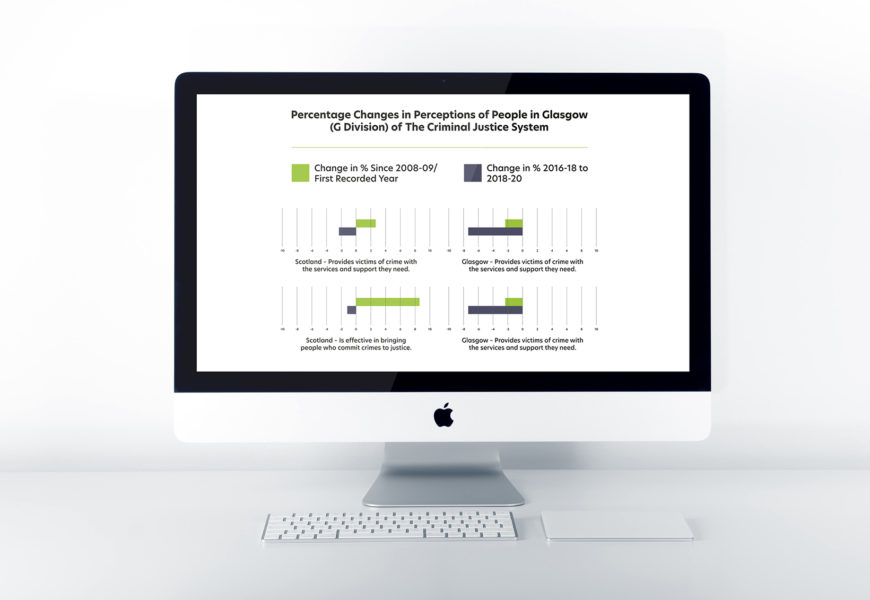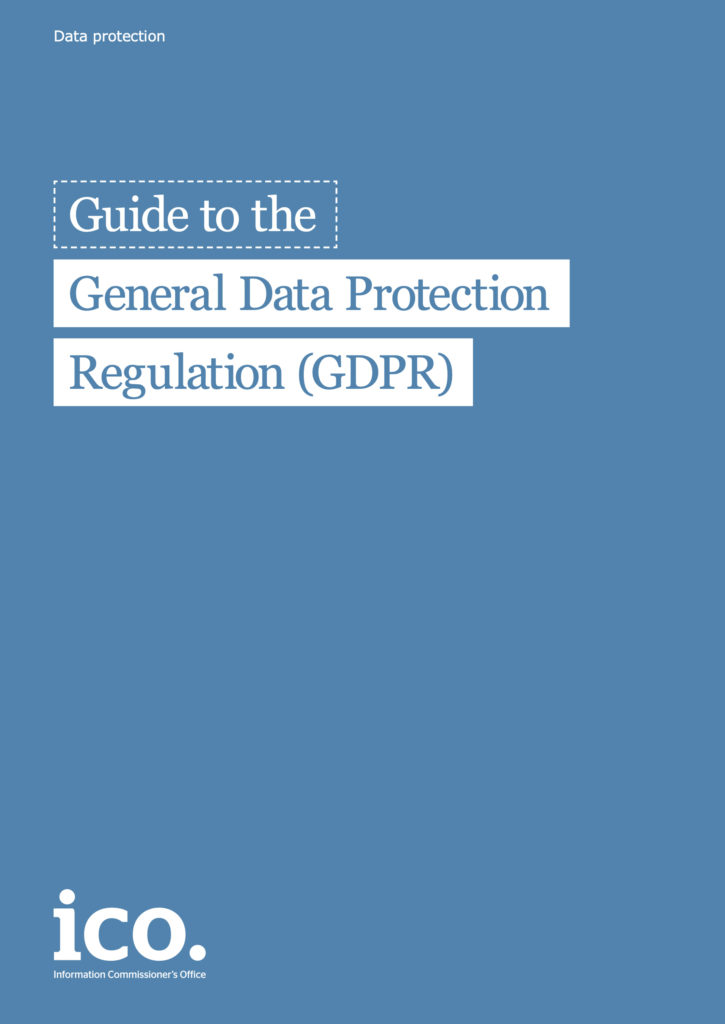(Visited 55 times, 1 visits today)
Last modified: October 25, 2021
DATA SHARING – PLAYING ITS PART IN A PREVENTATIVE MODEL FOR COMMUNITY JUSTICE





